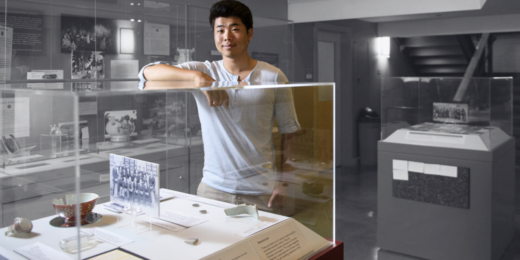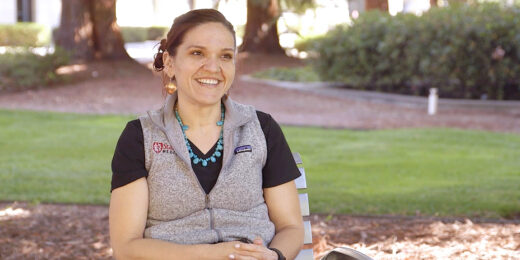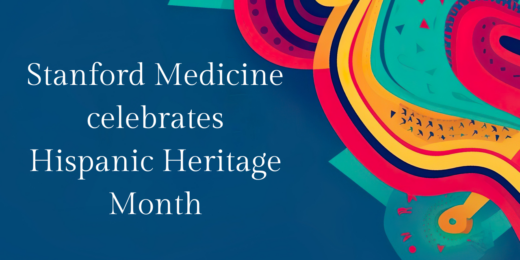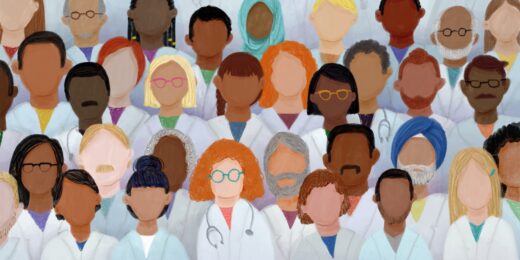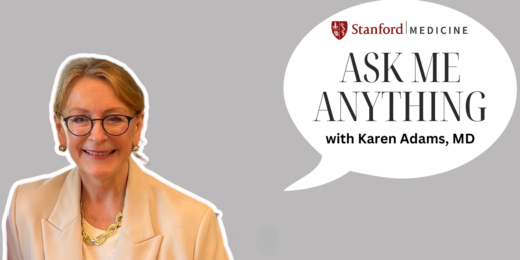Despite the fact the disease greatly reduces the quality of many women’s lives, endometriosis remains understudied.
Category: Uniquely Stanford
Feeling lonely? You’re far from alone: Expert advice on how to get reconnected
A loneliness prescription? Anna Lembke says 'Action. Don’t be passive. Do at least one thing each day that makes you feel more connected to other people and the world.'
How digital tools are heading off alcohol-related health problems
Two of Brian Suffoletto's close friends died in an alcohol-related car accident when he was in college. It helped focus his path in medicine.
A veteran serving veterans: Orthopaedic surgeon reflects on time in military, medicine
A proud veteran and surgeon, Constance Chu leads the Joint Preservation Center and Sports Medicine program at the Palo Alto VA.
Emergence program provides socially conscious entrepreneurs an on-campus incubator
Emergence comprises some 100 experts, serving as speakers, advisors or mentors, that guide how to identify societal needs and carry out the entrepreneurial process.
The time ‘is now, in the beginning’: How do we ensure AI tools aren’t biased?
New artificial intelligence tools have the potential to revolutionize health care. But Stanford researchers argue that disparities could worsen without intervention now.
AI, medicine and race: Why ending ‘structural racism’ in health care now is crucial
Health care providers must reckon with inherent race-based biases in medicine, which can reinforce false stereotypes in algorithms and lead to improper treatment recommendations or late diagnoses.
Unconventional Paths: How archaeology inspired a path to family medicine
Bright Zhou learned from an interest in studying ancient DNA how storytelling is at the root of good family medicine.
Native American med student uses education to serve her community
Medical student Melissa Eidman speaks to her motivation to pursue medicine and how it intertwines with her Native heritage.
Celebrating Hispanic Heritage Month at Stanford Medicine
Stanford Medicine celebrates the contributions, care, and research that's by and for the Hispanic community.
The human lipidome reveals new indicators of health, disease and aging
A new survey of an under-explored aspect of human biology uncovers the many roles of the body’s “greasy molecules.”
Scientists identify ‘Velcro-like’ molecule to potentially treat ALS
A drug created by Stanford Medicine scientists aimed at a ‘Velcro’-like protein reduces ALS symptoms and improves survival in mice.
Stanford Medicine making strides in advancing women leaders
Stanford Medicine is celebrating Women in Medicine month and highlighting our high rate of women in high-level roles.
From brain injury to support group
For Kaitlyn McCaffery, a brain injury survivor, finding community was the key to lifting her spirits during recovery.
Ask Me Anything: Menopause
Karen Adams, MD, menopause expert, defines and discusses menopause, what to expect in this phase of life, and other helpful advice.
A night in the life of an emergency department physician
Al’ai Alvarez, MD, a night shift doctor, or nocturnist, illuminates the culture and environment of the emergency department at night.









